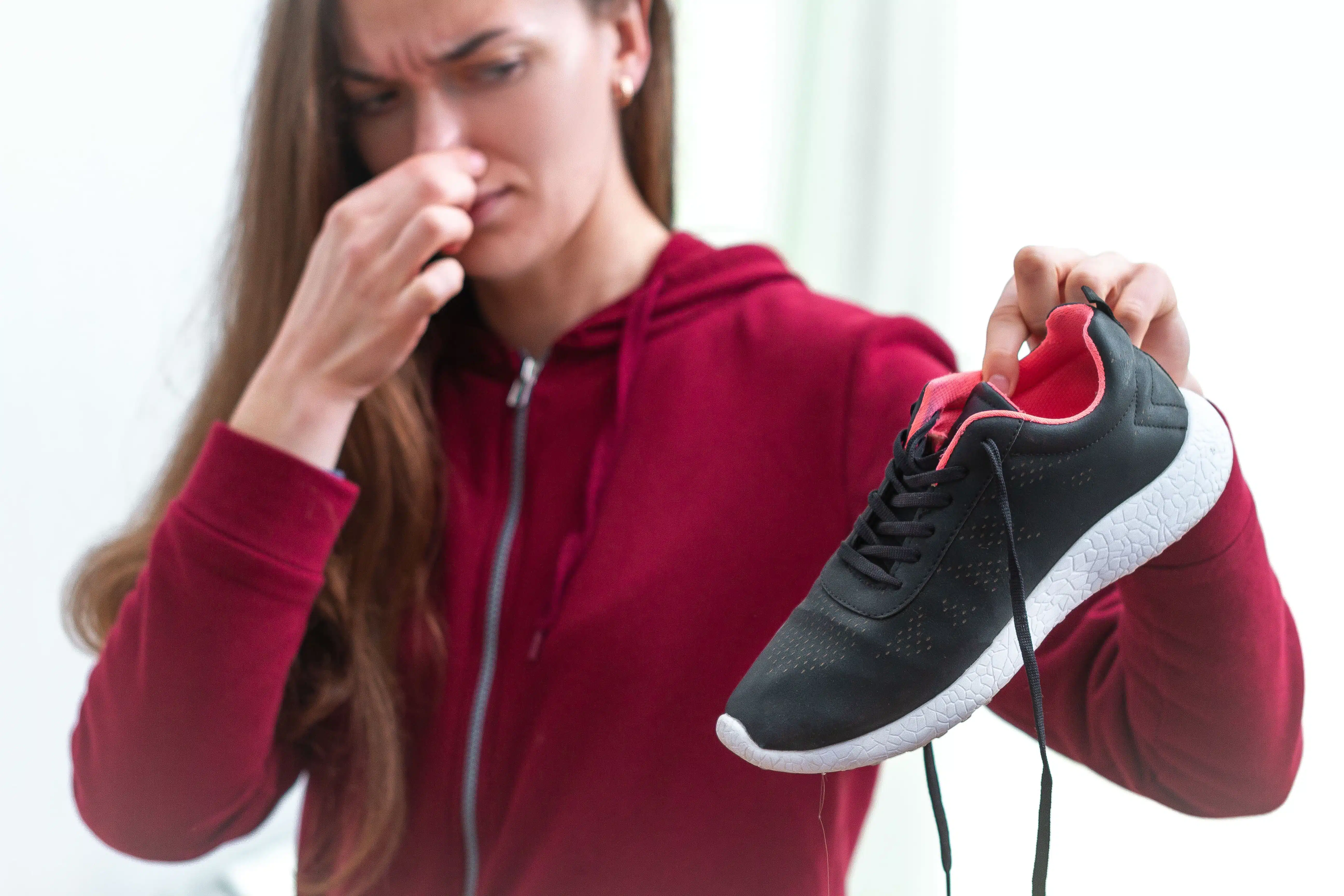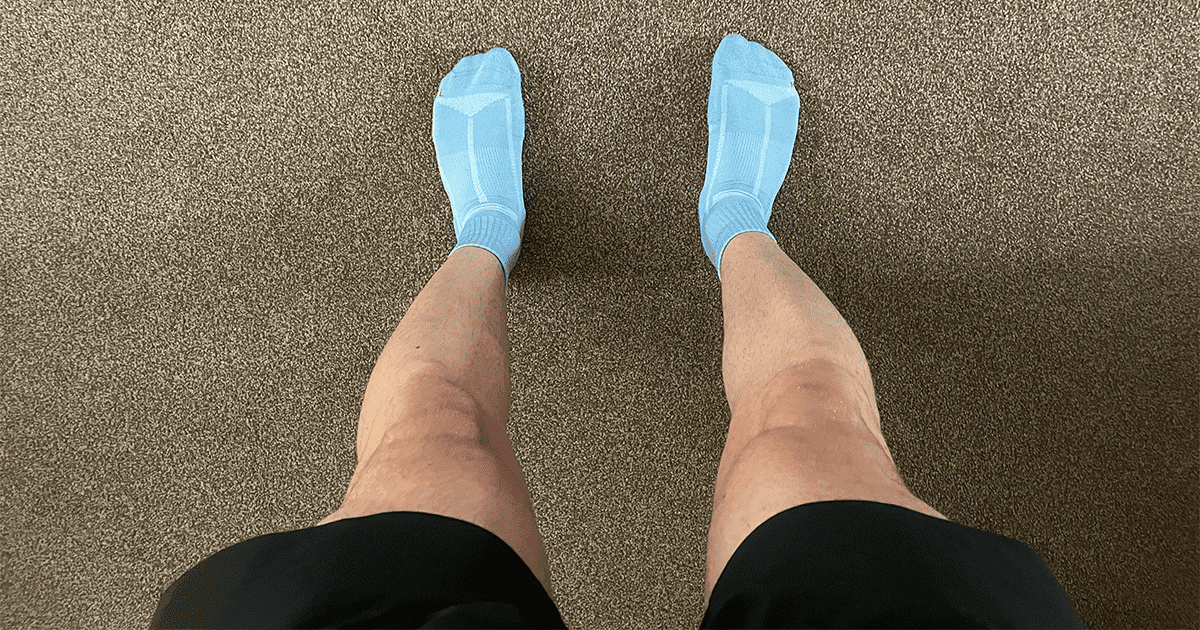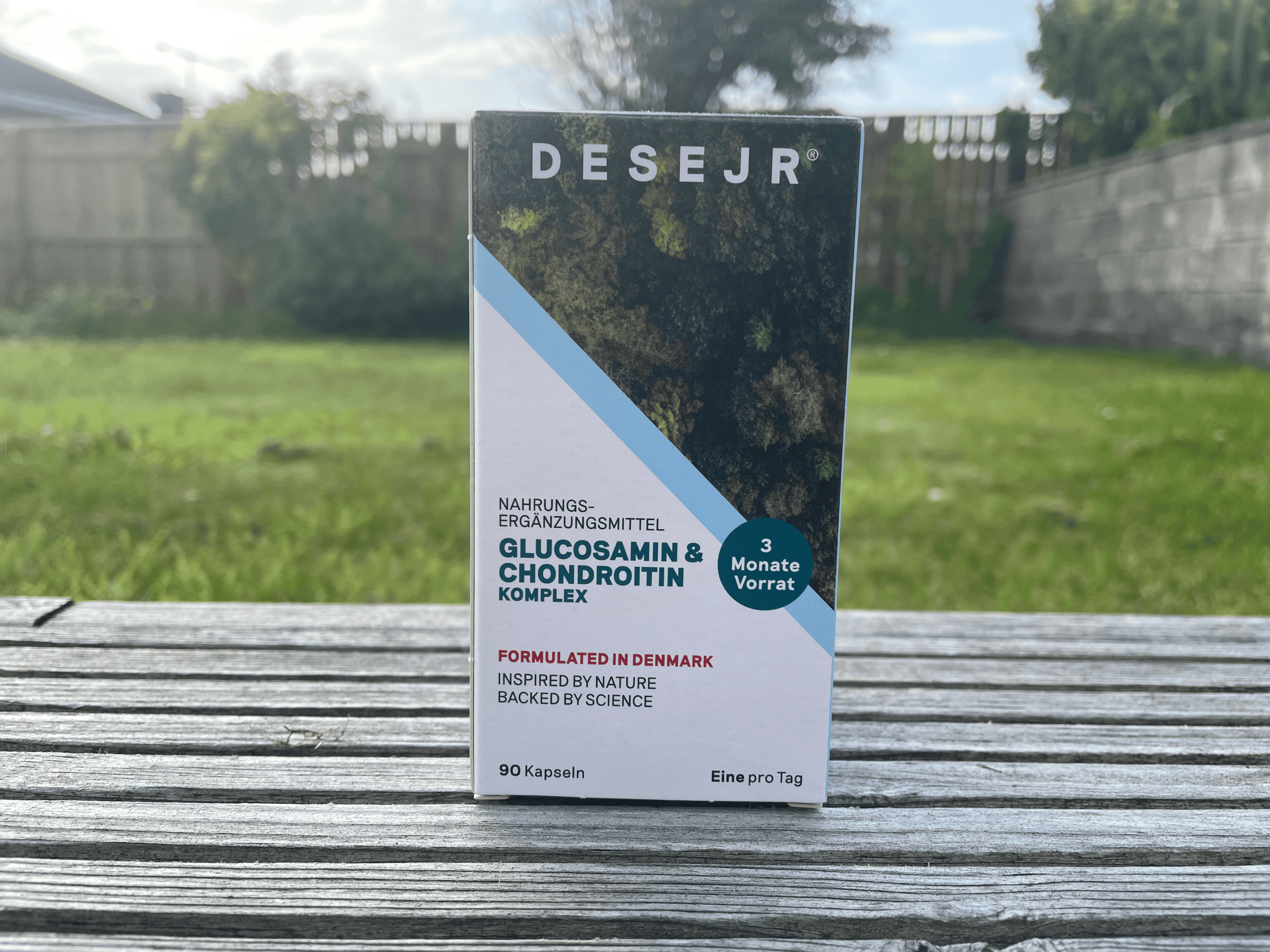What to eat the night before a long run
Wondering what to eat the night before a long run? Here’s our take – and unfortunately, it doesn’t involve a drink.
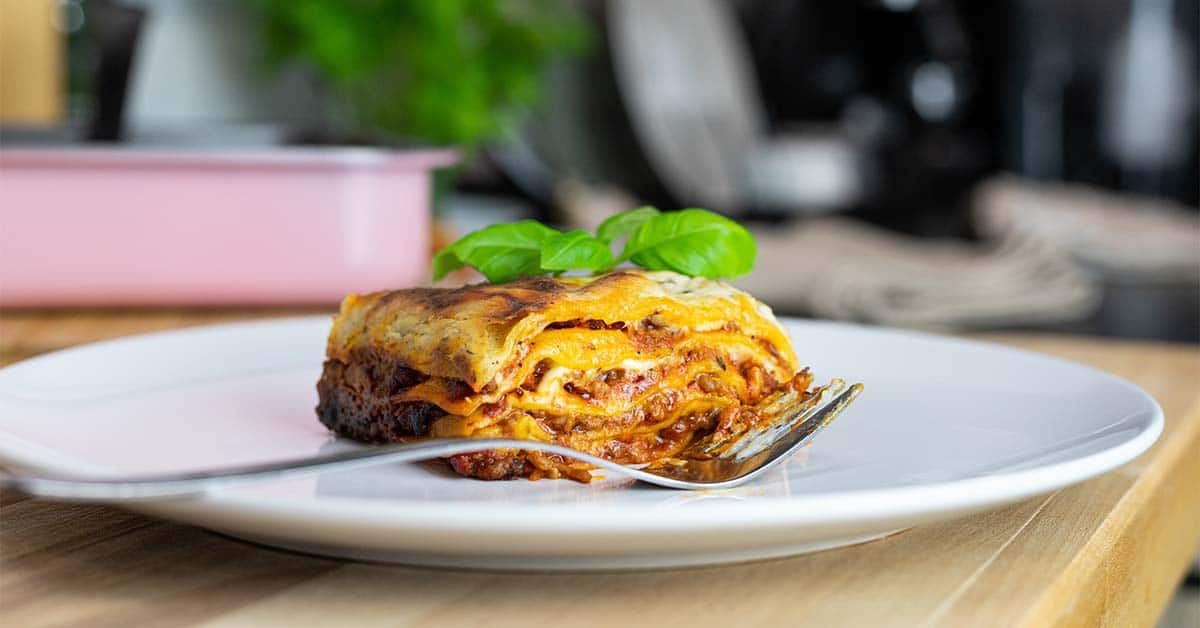
If you’re an avid runner, whether novice or advanced, you’ve likely heard of the notion that you can’t out-train a bad diet. In the case of running, you can’t outrun a bad diet, either.
While you may be able to do so in the short term, it will inevitably catch up to you, ultimately resulting in poor performance, or worse, injury.
Whether you’re a beginner who’s training for their first 5k or an elite marathon runner training for competition, nutrition remains a top priority, not only for performance but for longevity and injury prevention, health, and wellness.
Nutrition isn’t only defined by the foods you eat but rather a culmination of the amounts and times of which you consume them.
When it comes to exercise and performance, this becomes increasingly important. For example, the food you eat in the weeks leading up to competition may differ from how you choose to fuel on race day.
This blog post is a detailed discussion surrounding what to eat the night before a long run.
Related: Everything you need to know about the long run.
[lwptoc numeration=”none” skipHeadingLevel=”h1,h3,h4,h5,h6″]
It’s as much about the foods you don’t eat
As we’ve already discussed, nutrition is just as much the foods you eat as it is the foods you don’t.
Similarly, the foods that you eat or don’t eat will largely depend on timing (i.e. the proximity to race day). To perform at your best, dialling in your nutrition is key.
Disclaimer: While the recommendations to follow are valid, it’s up to you to adjust accordingly based on any dietary restrictions or limitations.
What to eat the night before a long run
A general pre-run nutritional protocol involves fuelling up on carbohydrates, and more specifically, complex carbohydrates.
24-hours leading up to the run itself, runners must dial in their nutrition with the primary purpose of fuelling the body for action.
The idea here is to provide your body with excess glycogen stores that can later be used for energy during your long run.
Some runners, however, make the mistake of taking the simple definition of carbohydrates, ultimately choosing to consume processed foods such as cereal, white bread, pizza, and cookies, to name a few. But more on that shortly…
Finally, it must not be forgotten about protein. Throughout the day leading up to a long run, be sure to provide your body with sufficient amounts of protein from foods like fish, lean meats, and even high-quality protein shakes.
Below is a general guideline of some foods to eat 24-hours before a long run:
- Whole Grain Pasta
- Whole Grain Bread
- Brown Grains (Rice, Quinoa, Oatmeal etc.)
- Sweet Potato
- Fruit
Other foods include eggs, greek yoghurt, beans, smoothies, and homemade health snacks such as healthy muffins or energy bars.
Nutritional no-no’s the night before a long run

After a full week of hard training and dieting, you might have lost the willpower to resist certain temptations. it’s at this point, however, that you must follow through with the nutritional game plan through to the day of the long run itself.
The simple answer as to why? Fuel.
Our bodies are a machine and food is its fuel. Failing to provide the body with high-quality foods will only result in a negative outcome and vice versa.
When it comes to the night before a long run, fuelling our bodies is of the utmost importance for self-explanatory reasons. After all, wouldn’t you prefer to feel energized during the run as opposed to groggy?!
Below is a general guideline of some foods NOT to eat 24-hours before a long run:
- Cereal
- Nuts (i.e. Almonds, Cashews, etc.
- Excessively sugary drinks
- Candy
- Baked Goods
- Caffeine (however, might be suitable the morning of)
As you can tell, the foods that have made it on the list of NOT to eat foods are one or more of the following: processed, fried, high in fibre, high in fat, and/or high in sugar. You should also avoid alcohol.
What about race day?
As important as nutrition is during the lead-up to a long run or race, it’s just as, if not more important in the build-up to a race.
While the goal remains the same (i.e. to fuel up and energize our bodies with carbohydrates), it’s important not to overdo it.
It’s necessary to ensure proper fueling, but it’s just as necessary to avoid side effects such as cramping and bloating.
A simple rule of thumb is to eat 1-2 hours prior to the race, depending, of course, on how well your digestive system responds.
The longer the run, the earlier you’ll want to wake up in order to consume a sufficient breakfast.
The foods to consume during race day will be similar to the foods you’ve been consuming in the lead-up to race day.
And if it’s an ultra run or longer run, then then your strategy will be similar in what you eat the night before a long run.
But the difference here is the quantities of which you’re consuming them. Keep it simple and keep it light.
A few examples of what to consume an hour or two before a race include:
- Whole-grain toast and peanut butter
- A piece of fruit
- Oatmeal
- Granola
- A slice of multigrain bread with eggs.
Don’t forget about hydration!
Nutrition is key, however, we’ve yet to discuss one very important component of training, athletic performance, and nutrition…
That key component? Hydration, hydration, hydration!
While you should be hydrating with water and electrolytes every day, it becomes acutely important the night before and the day of the race/long run itself.
Though you can certainly get into the science behind tracking how much liquid you consume, the simple answer is to consume a lot.
While it can be difficult to suggest exactly how much (as it depends largely on age, stature, size, and duration of run), a standard rule-of-thumb for avid runners is 250ml per hour. Note that this doesn’t include the fluids to be consumed during the run itself.
Not only will hydration help keep energy levels high but it will reduce the risk of injury and cramping. It may also improve performance.
Tips and nutritional guidance for runners
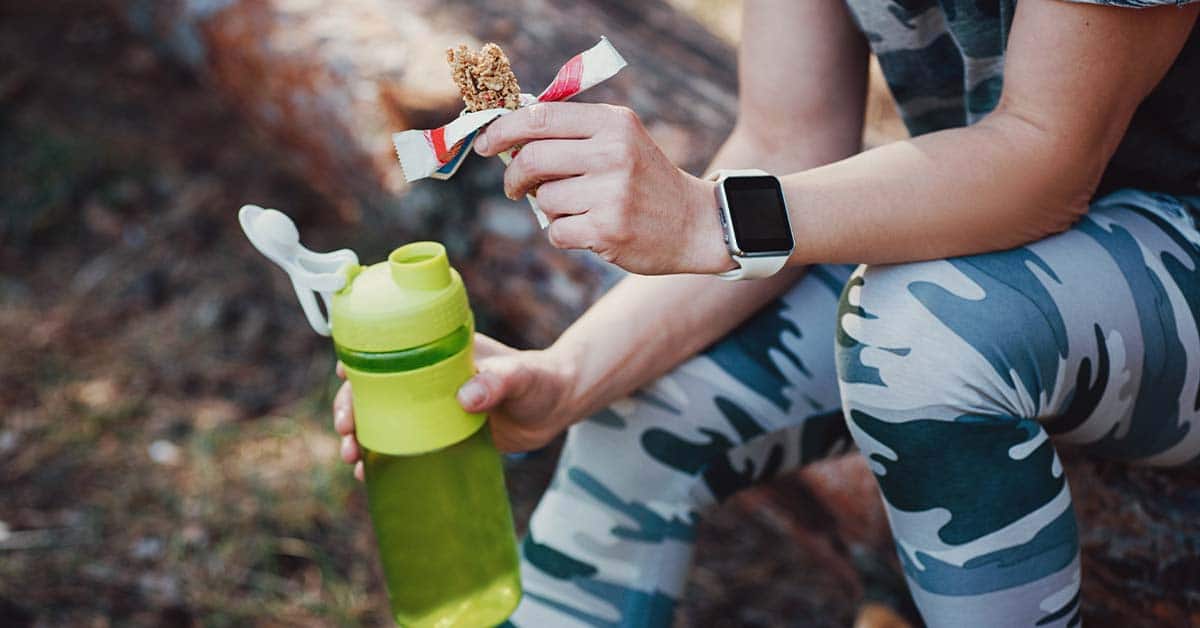
Whether fueling for a 5k or a marathon, the basics of nutrition remain the same. Of course, protocols will differ from person to person based on digestion, dietary restriction, and preference.
In short, however, do everything in your power to avoid carbonated beverages, fast food, junk food, and alcohol, and instead, provide your body with the nourishment it needs for a long run.
To digress, below are some closing nutritional tips for runners preparing for a long run:
- Limit fibrous foods
- Stay hydrated!
- Avoid foods that irritate your gut
- Carb-Up, don’t carb-overload
- Make sure you enjoy the foods you’re consuming
A final word of advice
Preparing for a long run should become part of your weekly routine.
Knowing what to eat the night before a long run, and of the day will inevitably improve your performance.
But nutrition shouldn’t be a chore – find foods you enjoy to eat and you’ll be rewarded. Contrary to popular belief, dieting doesn’t have to be a jail sentence…
Once you’ve done your due diligence, explored through trial and error, and have found what works best for you, your body, and your performance, all that’s left to do is get out there and execute the game plan whilst enjoying every step of the run!

Matthew is a lifelong runner, chief tester of all products, the founder of Running101, and freelance content writer for active brands. When he’s not writing, he enjoys lifting weights, cycling in the Lake District, and watching fast cars drive in circles on a Sunday. He also has a BA in sport, exercise and physical activity from the University of Durham.

